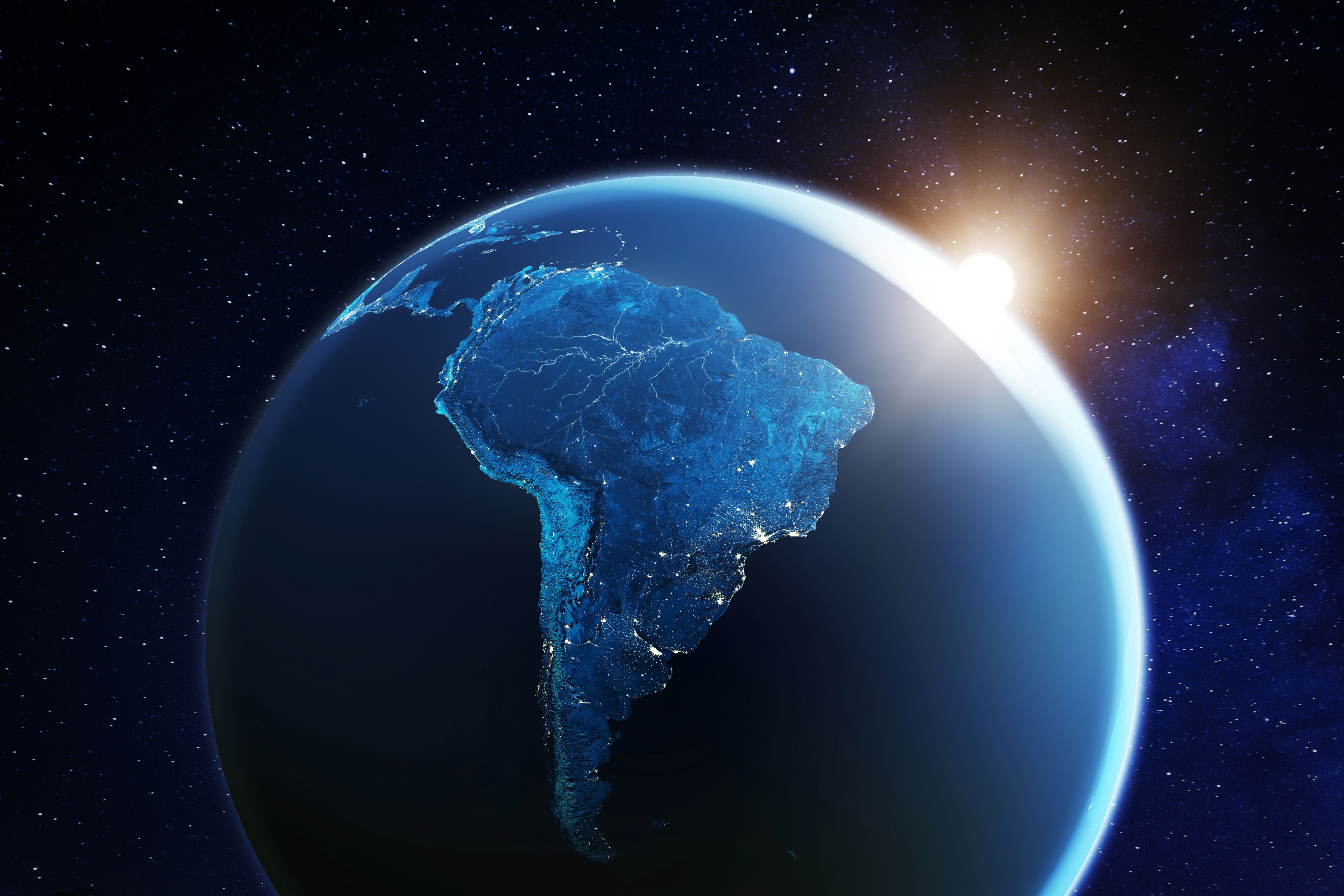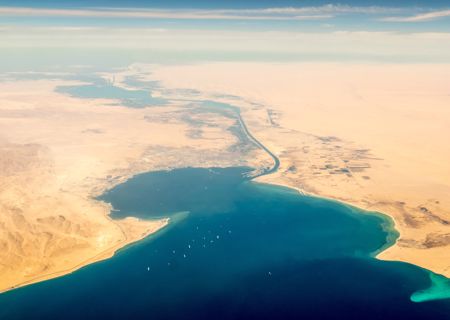
Almost a month after being written off, Europe’s trade deal with Latin America appears to be back on the agenda with hopes rising once again that an agreement can finally be reached.
A deal between Mercosur and the EU was agreed in principle in 2019, but still needs to be ratified by both sides.
Mercosur is a common market consisting of Argentina, Brazil, Paraguay, Uruguay and Venezuela, with Bolivia currently in the process of joining. Venezuela’s membership has been suspended since 2017.
‘More willing’
A final deal, planned to be reached in time for a 7 December 2023 summit, was called off after the Argentinian government informed diplomats that it would leave the final decision to the incoming president Javier Milei.
Milei had previously been critical of the agreement – calling it a “phenomenal failure” – but yesterday (3 January), EU foreign policy chief, Josep Borrell, said that the new president appeared open to reaching a deal with the EU.
"Argentina today seems more willing to [reach] an agreement," Borrell said at event in Lisbon, according to Reuters.
Fresh hopes
Accompanying the news of Milei’s turnaround, Politico reports that a high-level meeting between EU and South American representatives is being considered as prospects rise for a deal, although this is pending a final decision on 31 January after an internal Mercosur gathering is scheduled.
Technical discussions will reportedly take place on some of the trickier aspects of the trade deal, including environmental protections that European nations have reportedly insisted on. South American countries have warned that these clauses amount to protectionism.
Optimism is also rising that a deal could be reached before the European elections in June.
Milei’s turn
In the early days of his presidency, Milei rowed back on some of the initial promises made during the campaign, including a plan to abolish the central bank and to dollarise the Argentinian economy.
He did, however, withdraw his country from a planned entry to the BRICS alliance, a group seen as a counterweight to the West.
BRICS includes China as a member and Milei has stated that he wants to pivot Argentina away from one of its biggest trading partners.
Today, the Argentina economy minister Luis Toto Caputo and chief of cabinet ministers Nicolás Posse are set to meet with officials from the International Monetary Fund (IMF), as a presidential spokesman admitted that Argentina was in an “extremely delicate” situation economically.
Meanwhile, domestically, Milei’s plans to overhaul the economy have been blocked, as key aspects of changes to labour laws have been blocked by a judge.



